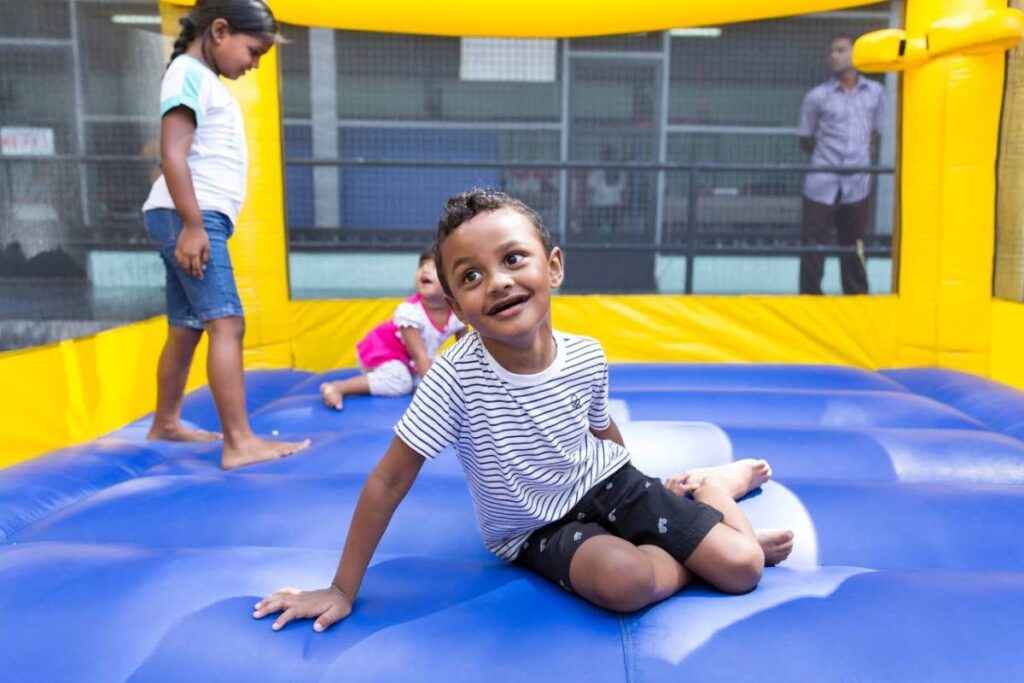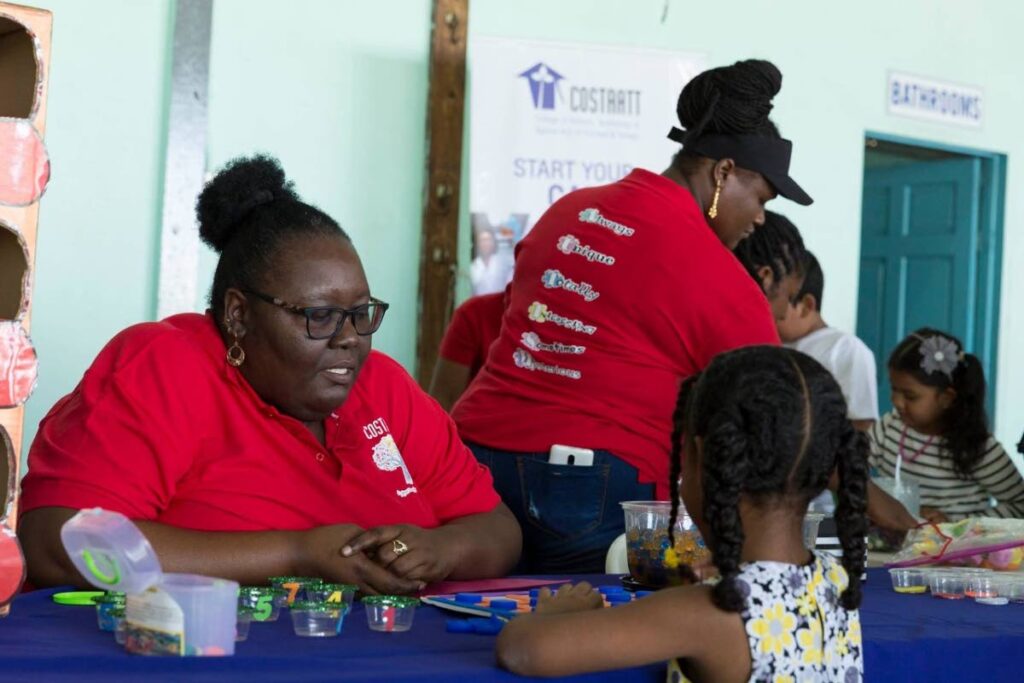Recognising your child's developmental delays

DR RADICA MAHASE
Many parents and caregivers have similar concerns about their children’s development – they think their child isn’t developing as they should be; they recognise the signs of developmental delays but don’t know what to do; or their children have been diagnosed with a developmental delay but they don’t know what to do.
Here is a very brief guide to help parents/caregivers.
Recognising the signs – If you think that your child might have some kind of development delays you are probably correct, so go with your instincts. Keep track of all the things your child is doing and not doing (a growth diary). Continue to monitor your child’s development and record the milestones that your child has met. Pay special attention to speech, behaviour and socialisation.
Research the signs that you are seeing – information on autism and other developmental issues are widely available online from institutions such as the US Centers for Diseases Control and Prevention and the National Health Services, UK.
Getting your child diagnosed – make sure that your child is properly diagnosed. Diagnosis should be done by a developmental paediatrician. First, get a referral letter from a regular GP to make an appointment at the paediatrics clinic at San Fernando General and Mt Hope hospitals or outreach clinics at Pt Fortin, Siparia, Couva and Princes Town health facilities.
The waiting period varies according to the institution and ranges from five to 18 months, so make your appointment as soon as you recognise any signs of developmental delay in your child. You also have the option to visit any of the three doctors who work in these institutions at their private practices at different venues. The cost of a private visit ranges from $1,500 to $5,500. Once your child is diagnosed, the developmental paediatrician will suggest different types of therapy which will help your child.
Accessing therapy – Speech, behavioural, occupational and physical therapies are the ones that are most recommended. Feel free to get referrals from other parents. Make sure that the therapist is properly qualified and experienced to work with your child. Consult more than one therapist before settling on one. Some therapists might ask you to sign a contract for a specific number of hours of therapy and to pay before. If you are uncomfortable with this for whatever reason, then you should not do so.

Also, if you feel that your child is not progressing; you are uncomfortable with a therapist’s attitude/behaviour, you are within your rights to find another therapist.
Make sure the therapist has a plan for your child; that you understand guidelines and goals set; and that you understand what is expected of you as a parent. Ask questions and make suggestions to the therapist and remember that for your child to progress, you need to work with the therapist.
Educating your child – Options for education vary from public and private schools to hiring a tutor to work with your child at home. Getting your child into a public school can be very challenging. Reach out to the nearest district education office to get help in enrolling your children in a public school.
Private schools – follow the guide for choosing a therapist: check qualifications/experience; get referrals from other parents; develop a plan for your child. When choosing tutors make sure that the individual is trained in special-needs education. You want your child to be comfortable with the tutor. Feel free to change school or tutor if it is not working out for your child.
Socialisation – Social interaction is a big part of your child’s development and it is important to create opportunities for your child to interact with other children. While covid19 has made this challenging, parents can organise play dates and various activities within a very small bubble – focus on simple activities like playing with bubbles, art and crafts, etc. Maintain social distancing by drawing circles and boxes within which they can play.
If you do not want any physical interaction, then you can organise virtual activities such as reading and storytelling sessions and video chatting – encourage them to share pictures with each other, etc. The actual activities will depend on your child’s level of development. You can also use visual aids to teach your child about socialisation so that when they start physical interactions again, they will be able to adjust more easily.
Networking and advocacy – It is important for parents and caregivers to have a support system in place. Reach out to other special-needs parents so you can share ideas; ask for advice; encourage and inspire each other. Become advocates for your children. Work together to create opportunities for them. While raising a child on the autism spectrum might be challenging, parents and caregivers can help each other to navigate these challenges.
Dr Radica Mahase is the founder/director of Support Autism T&T


Comments
"Recognising your child’s developmental delays"